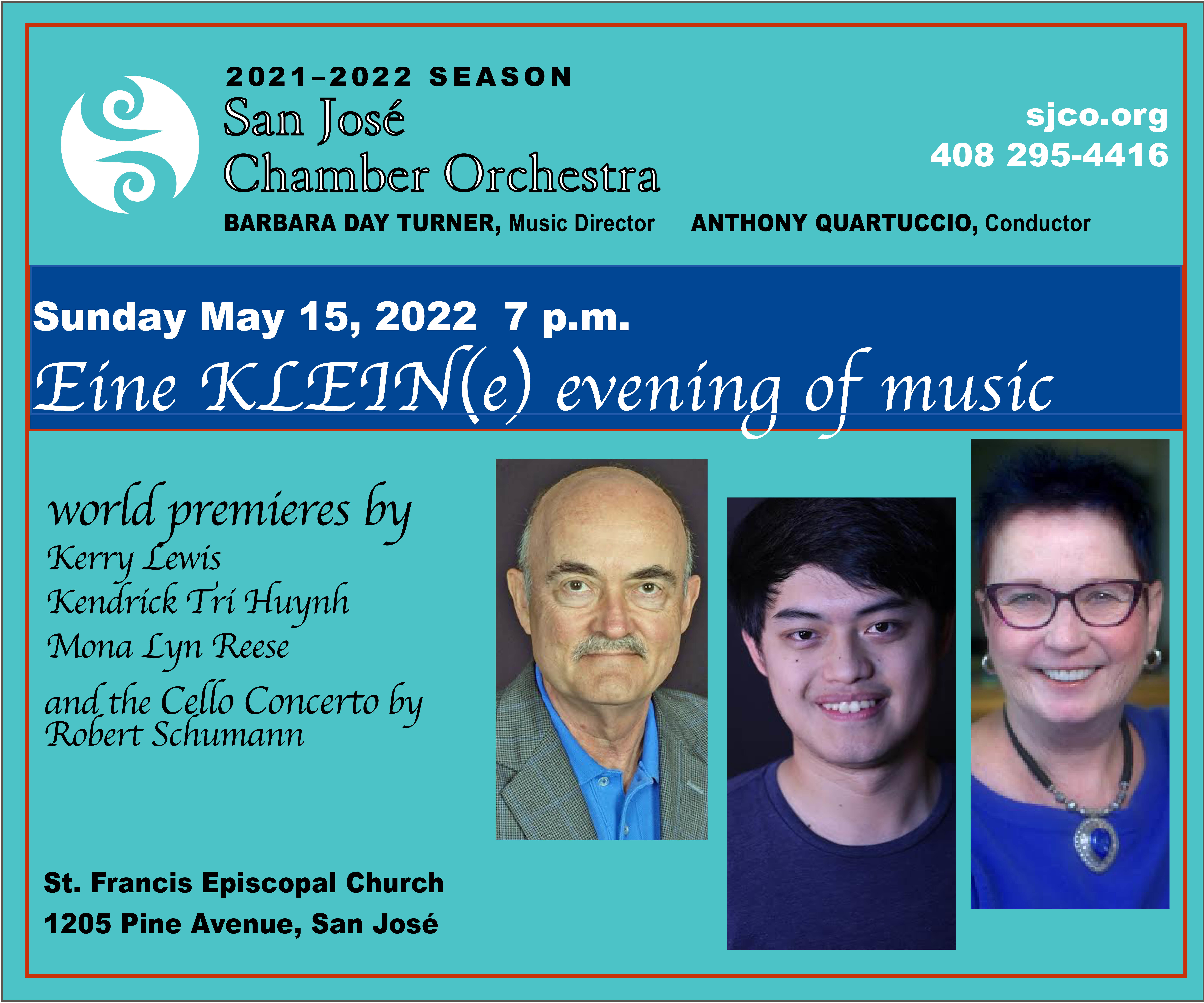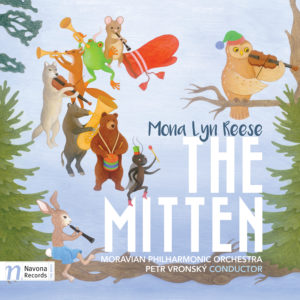This is part 2 of Farahad Zama’s guest blog.
Wow, I’ve had such a great time in Imagination India. Meeting the Marriage Bureau colleagues. Flying there and back, wondering if my sari is folded correctly, and worrying about How To Behave. Whew, looks like I didn’t make too many mistakes. Namaste.
If you didn’t see the first part of me meeting fictional characters, it’s right here: http://monalynreese.wpengine.com/i-meet-fictional-characters-guest-blog/
 ‘Er…’ said Mona. ‘I am sorry…’
‘Er…’ said Mona. ‘I am sorry…’
Mr Ali frowned at his wife. The lady was their guest after all. ‘It’s not a problem as such, but more of a… how does one put it… a dilemma. ‘That’s it, yes, a dilemma. We are not sure whether it’s such a good idea for our lives to be turned into a drama.’
Mona took a deep breath. ‘Well, to an extent that has already happened. Farahad, your chronicler, has already published your story worldwide. I am merely hoping to turn that public story into an opera.’
‘Opera!’ said the parrot. Only Mona glanced at it.
‘What is an opera exactly?’ said Mrs Ali.
‘Opera is Italian for work,’ said Mona. ‘It’s a way of telling a story through music and song and acting. There are many different styles of opera, but it combines elements of romance and pathos, tragedy and comedy.’
That sounded very much like a seventies Bollywood movie to Aruna. ‘Will the opera be in Italian?’ she asked.
‘No, no. My husband, Tom, writes the libretto in English.’ Mona saw the blank looks on the other’s faces. ‘That’s what we call the words to the songs in an opera. Libretto means little book.’
Mrs Ali glared at her husband. Fat people singing in Italian indeed! He had been trying to make a fool of her. There was nothing wrong with being fat, of course. It was just healthy and showed that you could afford to eat properly and didn’t have to work hard in the fields.
‘So it doesn’t have to be in Italian?’ asked Mr Ali.
‘Operas can be in any language, but the Opera was invented in Italy and even now, many of the best operas are in Italian. People who act in operas learn most European languages including Italian, French and German because you never know which language you might be asked to sing in.’
‘Wow!’ said Aruna. ‘That sounds really difficult.’
‘Yes, it is,’ said Mona. ‘It takes years of learning and practice to become an opera singer. And it takes me months to write the music for one and then more months of rehearsals and, of course, nothing happens without money, so it takes even more months of filling applications and calling up agencies to get the funding required to put up an opera production.’
‘We are simple people,’ said Mrs Ali, ‘living our ordinary lives in a small town in India. We are not great lovers like Laila Majnoun or Romeo & Juliet who threw everything away for love and passion. Why do you want to make an opera about us?’
Mona thought for a moment and then said in a sing-song voice:
‘To see a World in a Grain of Sand
And a Heaven in a Wild Flower
Hold Infinity in the palm of your hand
And Eternity in an hour.’
They were all silent for a moment as they contemplated the words. Mona said, in a normal voice, ‘I can’t put it better than William Blake who wrote those words two hundred years ago.’
‘Ago, ago,’ said the parrot, reminding them of his existence.
‘Why did you start the marriage bureau?’ asked Mona.
Mr Ali smiled, remembering. ‘I was retired and needed something to do.’
‘He was also getting in my way,’ said Mrs Ali. ‘Thirty years I have run the household while he worked in an office and suddenly he was telling me how to organize my kitchen or my laundry schedule. Did I ever go to his office and tell him how to arrange his files or answer his correspondence? It was my suggestion that he start a business.’
‘Yes, yes,’ said Mr Ali quickly. ‘Please take one of these samosas, Madam Mona. You haven’t eaten anything.’
Mona took a bite. She asked, ‘What is the difference between your marriage bureau and a dating website?’
Aruna looked horrified. ‘Chi chi!’ she said, waving her hand as if shooing away a disgusting insect. ‘We don’t encourage anything immoral like dating,’ she said. ‘It’s for marriages only.’
Mr Ali smiled and said, ‘Different cultures have different ways of tackling the same objective. Doesn’t the Qur’an say that when Allah makes a creature, He also makes the creature’s mate? But unfortunately Allah doesn’t plonk the creature right next to its mate, so we all have to find our partner. Whether you carry out the search yourself or you let parents and family find your partner, like we do in India, it doesn’t matter. The quest is the same: to find happiness through love.’
Mrs Ali said, ‘Farahad talks about this in the book, I am sure.’
Mona nodded. ‘Yes, he does. But it was great to hear it directly from you. I can’t really explain that in the opera. The book and the opera tell the same story but they are not the same work. I have music and song in the opera. I can touch a person’s heart more directly, but the book lets your imagination run free. With the opera, you sit with others and have an evening out, while you read the book on your own, in quiet solitude. They each reward you differently.’
Mr Ali smiled. ‘May be we should tell the people to read the book AND watch the opera.’
‘Amen,’ said the parrot.












Hi Mona,
Love the blog and thank you for recommending the book to me! I thoroughly enjoyed reading The Marriage Bureau for Rich People and I have chosen it for next month’s book club.
Good luck with the work – I hope I get to see it some day:)